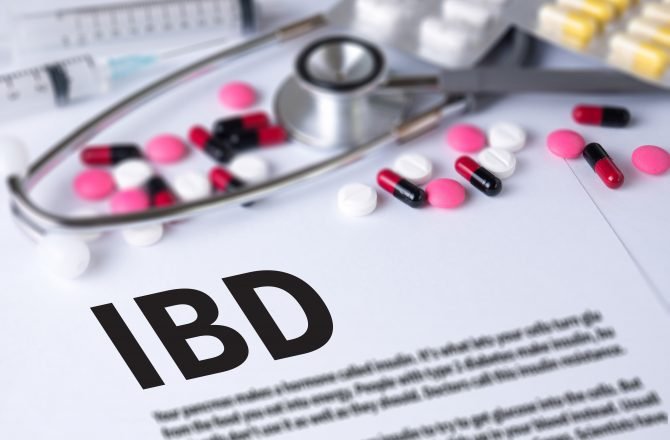Advertisment
DDW 2018: Quality of life for IBD patients

Inflammatory bowel disease can have a detrimental impact of health-related quality of life, and reducing the physical and psychological disease burden is an important therapeutic target. Patient-reported outcomes (PROs) are increasingly captured in clinical trials and disease registers and can provide insight into the day-to-day impact of IBD on patients’ lives. PROs and quality of life measures can be captured in real time via online and mobile platforms, to improve disease control and quality of care.
Written by Maria Dalby.
Dr Edward Barnes from the University of North Carolina at Chapel Hill reported on a novel PRO-based evaluation (PROBE) of quality of life, which was developed from physical and psychological domains in the National Institutes of Health PRO Measurement Information Systems (PROMIS). An internet-based cohort of patients with self-reported IBD completed baseline and follow-up questionnaires at 6-monthly intervals. A total of 4,854 patients (64% CD, 36% UC) provided data, 72% of whom were female and 94% of whom were white. The PROBE was highly responsive to changes in disease activity over time, and showed high test-retest reliability and correlation with SIBDQ scores. The investigators suggested that since the PROBE contains only six questions and requires no physician assessment, the burden on the patient will be minimal with this tool and the benefits in research and clinical practice may be substantial.
HealthPROMISE is a mobile app that has been developed to help IBD patients monitor and manage their condition. The app is linked to a cloud-based dashboard where the healthcare team can access patient data in real time and utilise this for decision support. Dr Ashish Atreja from Icahn School of Medicine at Mount Sinai in New York reported on a randomised clinical trial in which the HealthPROMISE app was evaluated against standard care. A total of 162 patients were randomised to the HealthPROMISE arm and 158 patients to standard care. The primary outcome was change in quality of care metrics from baseline; secondary outcomes included quality of life scores and impact on emergency visits and hospitalisation. After a mean follow-up period of 575 days, patients in the HealthPROMISE arm had experienced a significantly greater improvement in quality of care from baseline. There were also non-significant trends towards a greater improvement in quality of life and lower odds of emergency visits and hospitalisation in the HealthPROMISE arm. The investigators concluded that the HealthPROMISE app is feasible for home monitoring of IBD and has the potential to bridge important gaps in quality of care.
Mental health issues such as anxiety and depression are common among IBD patients and are known to affect quality of life, treatment adherence and disease outcomes. A team from the Royal Adelaide Hospital in Australia presented a two-year study in which IBD patients received integrated psychological care as part of their routine IBD management. Out of 335 patients screened, more than half (183 patients) scored highly for anxiety, depression and/or general distress, and 91 patients accepted the offered support. After 12 months these patients had experienced significant improvements in mental health and quality of life; a large majority of the patients (around 80%) agreed that the screening was a good idea, that the psychological support was beneficial and that they would participate again if offered (poster Mo1800).
A study conducted at the Mayo Clinic on Rochester, MA investigated the relationship between endoscopic inflammation, PROs and health-related quality of life in UC patients. A total of 90 patients undergoing sigmoidoscopy or colonoscopy rated their rectal bleeding and stool frequency using the partial Mayo score, and completed the SIBDQ, EQ53DL, WPAI, FACIT-F, and HADS questionnaires. The results showed that symptoms and the Mayo endoscopic subscore (MES) in combination were more strongly correlated with quality of life scores and PROs than MES alone. Patients with normal partial Mayo scores and mucosal healing on MES had the highest quality of life scores (poster Mo1802).
Work disability is a common and costly consequence of IBD. A team at the Academic Medical Centre in Amsterdam in the Netherlands performed a cross-sectional study in which working IBD patients at the centre completed the Quality of Working Life Questionnaire (QWLQ), a tool originally developed for cancer survivors. A total of 145 patients were included and scored a median of 71 (IQR 64-81) on the QWLQ. The QWLQ correlated well with validated quality of life and fatigue scores in IBD, indicating adequate convergent validity. Patients with active disease and who reported work impairment had lower QWLQ scores, and the investigators suggested that the QWLQ could be used in clinical practice to identify patients in need for additional support to improve their work ability (poster Mo1827).





